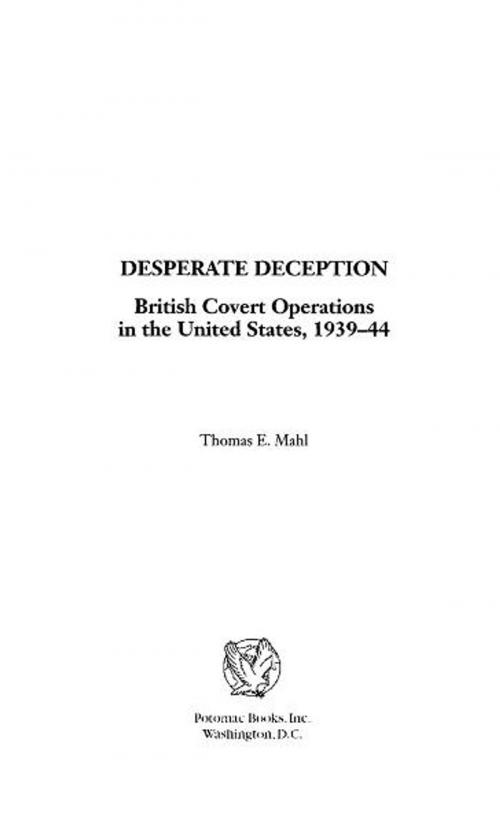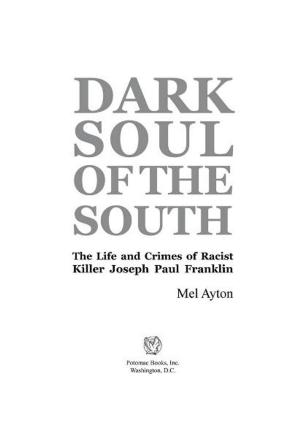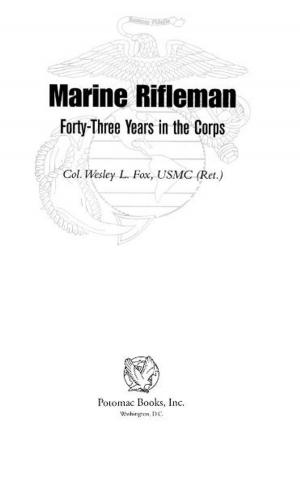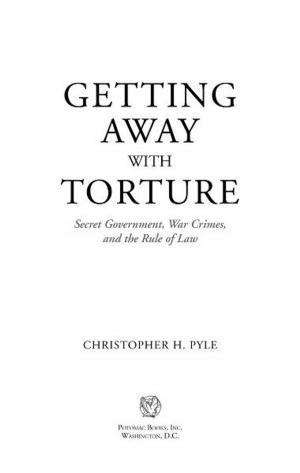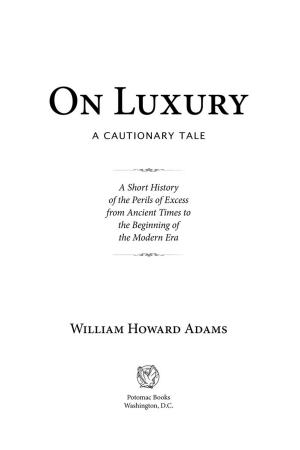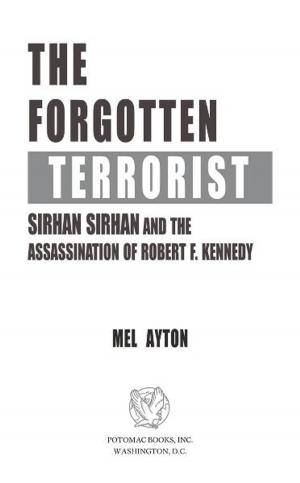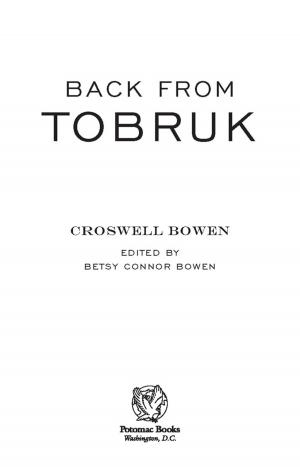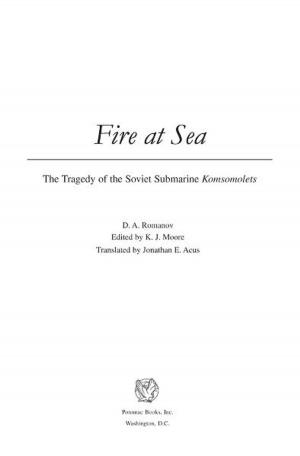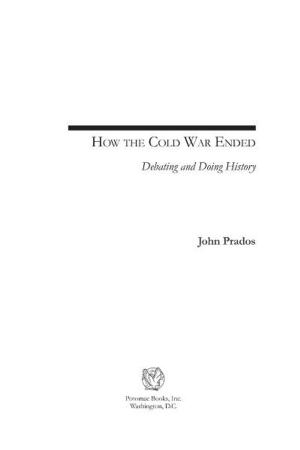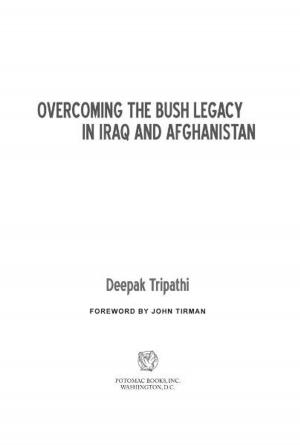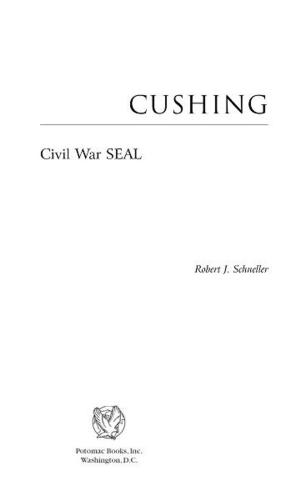| Author: | Thomas E. Mahl | ISBN: | 9781612344317 |
| Publisher: | Potomac Books Inc. | Publication: | January 13, 2000 |
| Imprint: | Potomac Books Inc. | Language: | English |
| Author: | Thomas E. Mahl |
| ISBN: | 9781612344317 |
| Publisher: | Potomac Books Inc. |
| Publication: | January 13, 2000 |
| Imprint: | Potomac Books Inc. |
| Language: | English |
A fascinating study of the efforts of British intelligence to push America out of its isolationist stance and into the Allied camp during the early days of WW II. Freelance writer Mahl has convincingly drawn on a variety of sources--including recently declassified FBI and government files, memoirs, personal papers, and little-known official reports--to weave together a portrait of extraordinary schemes and activities. He argues that such conventional sources as the official British history of the war are misleading and inadequate. Britain, lacking the resources to fight Nazi Germany alone, needed the immense production capacities and vast manpower of the US to save itself. But the British government was deeply concerned about American intentions: The nation seemed both unpredictable and unreliable in its support of Britain. To gain American allegiance, Britain launched a sizable propaganda campaign and a number of intelligence actions, many carried out or managed by William Stevenson (``Intrepid''), Britain's spy extraordinaire. Mahl asserts that British agents had willing accomplices in FDR's White House, filled with an anglophile elite that identified deeply with Britain. His research reveals that foreign money was poured into some congressional elections to defeat isolationist politicians, that British agents spent money freely to ease the passage of the Lend- Lease Act, that they planted pro-British articles in interventionist newspapers and magazines, and that some national opinion polls were rigged to reflect a deeper and stronger pro- British sentiment than existed. British agents set up Bill Donovan's Office of Stragetic Services and helped run it, and they established or influenced a number of organizations pushing for American intervention. Their efforts were ingenious and effective. They were also either dubious or downright illegal, but Mahl argues that, given the desperate situation in Europe, Britain had little choice. A carefully researched, engrossing addition to WW II history and the history of covert operations.
A fascinating study of the efforts of British intelligence to push America out of its isolationist stance and into the Allied camp during the early days of WW II. Freelance writer Mahl has convincingly drawn on a variety of sources--including recently declassified FBI and government files, memoirs, personal papers, and little-known official reports--to weave together a portrait of extraordinary schemes and activities. He argues that such conventional sources as the official British history of the war are misleading and inadequate. Britain, lacking the resources to fight Nazi Germany alone, needed the immense production capacities and vast manpower of the US to save itself. But the British government was deeply concerned about American intentions: The nation seemed both unpredictable and unreliable in its support of Britain. To gain American allegiance, Britain launched a sizable propaganda campaign and a number of intelligence actions, many carried out or managed by William Stevenson (``Intrepid''), Britain's spy extraordinaire. Mahl asserts that British agents had willing accomplices in FDR's White House, filled with an anglophile elite that identified deeply with Britain. His research reveals that foreign money was poured into some congressional elections to defeat isolationist politicians, that British agents spent money freely to ease the passage of the Lend- Lease Act, that they planted pro-British articles in interventionist newspapers and magazines, and that some national opinion polls were rigged to reflect a deeper and stronger pro- British sentiment than existed. British agents set up Bill Donovan's Office of Stragetic Services and helped run it, and they established or influenced a number of organizations pushing for American intervention. Their efforts were ingenious and effective. They were also either dubious or downright illegal, but Mahl argues that, given the desperate situation in Europe, Britain had little choice. A carefully researched, engrossing addition to WW II history and the history of covert operations.
